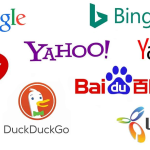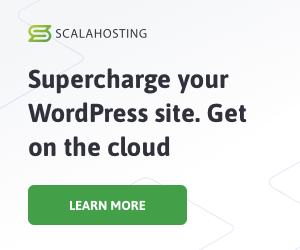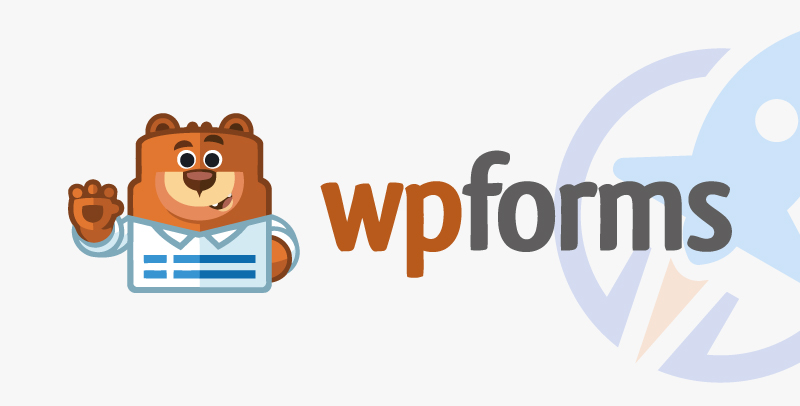When you offer financial services, your business often has industry-specific challenges that other industries may not relate to. But does that mean you should use a financial services-specific CRM over a general-purpose one? Or are you potentially losing out on great features by getting narrower?
Read on to learn the differences between CRMs for financial services companies and general-purpose CRMs and which one would work best for you!
DOWNLOAD
Which tasks should your sales reps be completing at each stage in the sales process?
If you’re unsure, our list of 101 Task Ideas for Any Sales Process will help you get started.

How do CRMs add value to financial services companies?
Great customer relationship management (CRM) software is a must for any type of business that needs to drive revenue through sales, regardless of the company size or industry.
A financial services company partnered with a good CRM can experience benefits such as:
- Centralized customer data: See all the information you need on prospects and clients in one place.
- Improved communication and collaboration: Get all your team members on track when it comes to what action to perform next in the sales pipeline.
- Workflow and sales automation: Automate tasks so your sales reps can focus their energy on what they do best – building relationships and making sales.
When your team gets on board with an easy-to-use CRM system, they save time and can land more deals and sales quickly.
Now that you know some of the benefits of a CRM, the question remains: What kind of CRM is best for financial services companies?
Let’s elaborate on the definitions of financial services-specific CRMs vs. general-purpose CRMs and the benefits they can provide your business.
What is a financial services-specific CRM?
A financial services-specific CRM is designed to help financial services companies manage their sales pipelines, leads, and deals.
Financial industry-specific CRMs usually have an interface and features that are most useful to financial companies. This often comes at the expense of features you may actually need for your unique business or sales model.
Advantages of a financial services CRM
CRMs for financial services companies offer benefits such as:
- An industry-friendly interface
- Features and tools catered to financial services companies
- Faster setup process
Let’s look at each benefit a little more in-depth.
Industry-specific interface
Since the industry-specific CRM was built with financial services in mind, the interface will reflect that. The user experience and features at the forefront of the CRM will be catered to a typical sales team working for a financial services company.
This, along with the use of industry-specific language, may improve the user experience and reduce the time it takes to get used to the software, especially if you’ve never used a CRM before.
Features and tools catered to financial services
Financial services-specific CRMs have the advantage of being equipped with industry-specific features and tools, such as features pertaining to regulation-keeping and location-specific financial service compliance needs.
On the other hand, a general-purpose CRM can run industry-specific features, but they won’t be as readily available as they would with industry-specific software.
Faster setup process
Finally, financial services-specific CRMs are more likely to require less time to set up and get started for your sales team. That’s because they’re configured with only those features you would need in the financial services industry.
With a general-purpose CRM, you may need additional time to configure your dashboard and set up industry preferences. However, this is not always the case with general CRMs, and some can be set up much faster than their industry-specific equivalents.
What is a general-purpose CRM?
A general-purpose CRM is created with a broader audience in mind than an industry-specific CRM.
Since it’s meant to be used by all kinds of companies in various industries, it comes with universal features and tools that can be helpful for different business models and needs.
Advantages of a general-purpose CRM
The advantages of using a general-purpose CRM over a financial services-specific one include:
- A user-friendly interface
- More integration options
- Affordable cost
Let’s look at the benefits in more detail.
User-friendly interface
General CRMs appeal to a wider audience and adapt to their audience’s feedback, so you can expect this CRM to have a more user-friendly interface that focuses on flexibility and easy navigation.
With a more extensive customer base and often larger development teams, general-purpose CRM companies tend to have the time and resources to invest in constantly improving the user experience.
More integration options
General-purpose CRMs typically offer more integration options than industry-specific ones, which goes back to why they need to appeal to a broad audience. Integrating with a general CRM is often easier if you have a favored tech stack for your financial services company.
The exact number of integration options depends on the specific CRM, but generally, they’ll offer several more options than industry-specific CRMs.
SO MANY INTEGRATIONS
Is Nutshell a perfect match for your favorite software?
Nutshell integrates with tons of software, both natively and through Zapier. See if your favorites are on the list.

Affordable cost compared to industry-specific CRMs
Finally, general CRMs tend to cost less than industry-specific CRMs because they can afford to. They have a larger customer base and can scale their service offerings with affordable pricing tiers and add-on options.
On the other hand, a financial services-specific CRM could have more rigidity in its pricing.
Should I use a financial services-specific or general CRM?
This depends on your financial services business’s goals and processes. If you have a bigger budget and don’t mind less access to integrations and features, a financial services-specific CRM could be your answer.
Otherwise, if you’d prefer a CRM with more integration options that are also easier on your budget, a general-purpose CRM could work for you, even in an industry such as financial services, where your processes may be unique.
FAQs
What is the use of a CRM system in financial services?
A CRM is essential to running an efficient sales process for financial services companies. It helps you keep track of your leads and contacts, automate non-selling tasks, and create the best possible experience for your leads and customers.
Do financial advisors use CRMs?
Absolutely. CRM software helps financial advisors manage their client relationships and automate tasks to make the sales process much smoother.
Accelerate your earnings with Nutshell
If you’re looking for a general-purpose CRM that is easy to use and great for financial services companies, look no further than Nutshell!
Nutshell is an all-in-one CRM solution with robust contact management, sales automation, and powerful marketing features that will help your financial services business increase sales and clients.
Try Nutshell out for free for 14 days. Or contact our team to learn more.

The post Should I Use a Financial Services-specific CRM? appeared first on Nutshell.













